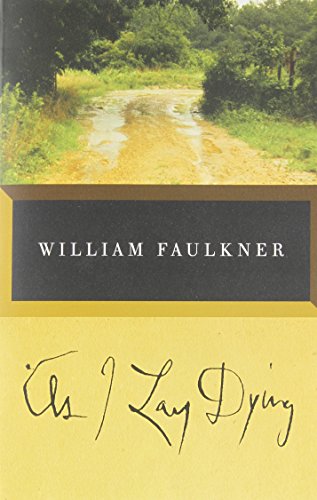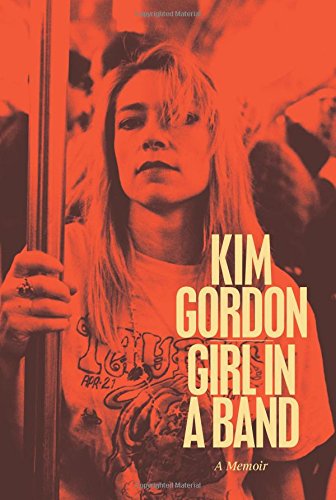I got a Kindle Fire HD 7 back in October. It was my birthday and Amazon had just released the latest version of the Kindle at a much lower price, so it was a temptation I couldn't resist, especially as I'd been considering a Kindle even when they were pricier and less fancy. I'd also been interested in an iPad MIni, but the Kindle Fire offered all of the same features for less money, and had better integration with the existing Amazon Prime/Audible apps I'd already been using.
Six months later, I'm in love with my Kindle and I couldn't imagine life without it. Don't get me wrong -- I still love physical books and I still purchase/borrow plenty of them. I had no idea how I would take to the e-reader function on the Kindle, and for the first month or two I mostly used it to read comic books and watch movies (both of which it does excellently -- the comiXology app, which comes pre-installed, is awesome, and it runs Hulu, Netflix, Amazon Prime and HBO Go seamlessly). When I found myself on a several month-long wait list at the public library for Station Eleven, I finally decided to use the e-reader, and I was really pleasantly surprised by how much I liked and how quickly I adapted to it. Since then, I've read quite a few books on the Kindle, with absolutely no complaints.
One of my favorite features is a metric that you can choose to have displayed on bottom of the page, which includes a counter of the time left in the chapter or in the whole book. That might sound annoying but it is actually really helpful when you're trying to fit reading into a busy schedule: if you know it will take you 90 minutes to finish Station Eleven, you can set aside 90 minutes.
This weekend I'll be travelling with it for the third time, and it is such a pleasure knowing that it will fit in any purse and carried every form of entertainment I could ever want.













